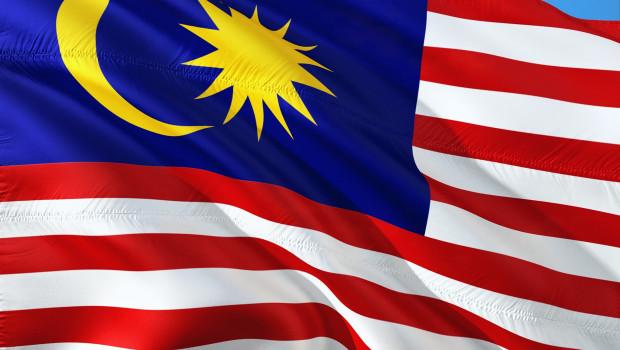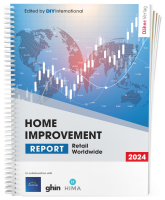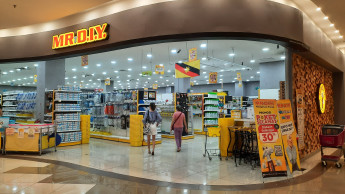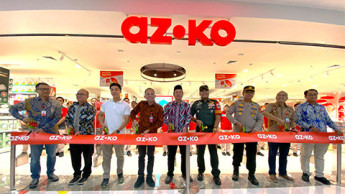The market researcher also expects the rise in average purchases of home improvement products to be more subdued at 8.9 per cent between 2019 and 2024, from a prediction of 9.5 per cent between 2018 and 2023 initially. The new growth forecast is slower than the sector's actual compounded growth rate per capita for the 2014 to 2019 period, which was placed at 10.8 per cent, indicating that compared to the previous five years, spending on home improvement products would be reined in.
"In the first half of 2020, home improvement retailing was impacted by the MCO (movement restriction order), implemented by the Malaysian government," Frost & Sullivan noted in the new report.
Still, the projected five-year growth outpaces those of Malaysia's neighbours. Thailand's home improvement sector, which accounted for 12 per cent of total retail spendings in the country last year, is projected to grow at a compounded annual rate of 4.5 per cent in the next five years, while Singapore is expected to barely move at 0.9 per cent. The Philippines and Indonesia are expected to keep in pace at 8.2 per cent and 8.3 per cent respectively, while Vietnam is expected to outperform its neighbours by growing 10.7 per cent in the forecast period.
Frost & Sullivan said Malaysia is expected to perform better than many of its neighbours "due to the anticipated continuing growth in disposable income in the forecast period". It also found demand for home improvement products to be "resilient" irrespective of economic conditions and price changes. Urbanisation and increasing e-commerce participation also support the growth of the sector in the country, the research firm said. However, it also noted that the threat of unemployment or retrenchment has made consumers more price sensitive.
Malaysia's home improvement retail sector made up 3.1 per cent of the country's total retail sales in 2019. As of last year, the country recorded 7 093 home improvement stores with a total space of around 2.4 mio m². Mall-based stores contributed 29 per cent, or MYR 2.2 bn (EUR 450 mio), of the sales while standalone and shopfront stores dominated with a 71 per cent share amounting to MYR 5.43 bn (EUR 1.11 bn).

 Menü
Menü














